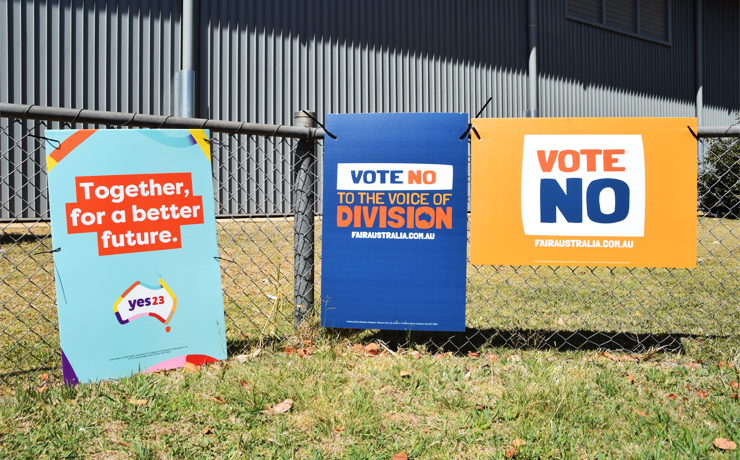
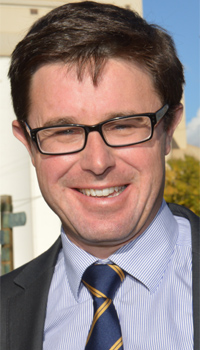
October 14, 2023
The voice of the people has spoken … and it is a resounding NO to The Voice.
At 8:30pm on Saturday, local results for the three Federal electorates which cover the South Burnett were:
- Maranoa – No 84.12 per cent (67,020 votes), Yes 15.88 per cent (12,650 votes)
- Wide Bay – No 72.82 per cent (29,567 votes), Yes 27.18 per cent (11,036 votes)
- Flynn – No 82.03 per cent (9673 votes), Yes 17.97 per cent (6800 votes)
Counting was still ongoing in the three electorates, which are all held by the LNP.
Nationally, with 7030 of 8253 polling places counted, the total No vote stood at 58.59 per cent, with Yes at 41.41 per cent.
The public debate over the proposed law, “to alter the Constitution to recognise the First Peoples of Australia by establishing an Aboriginal and Torres Strait Islander Voice”, was loud and long.
The “Yes 23” campaign pushed that a Voice would bring Australians “together for a better future” while the “We Are One & Free” and the “Fair Australia” campaigns urged Australians to “support real change” and “vote no to the voice of division”.
Nationals Leader David Littleproud, speaking at a media conference in Brisbane on Saturday ahead of the close of the poll, said it was an historic day and Australians should feel no guilt about the outcome.
He said he was proud of the way The Nationals had set the tone of the debate.
Mr Littleproud repeated that rural and remote Australia still bore “the scars” of the last representative body, ie the Aboriginal and Torres Strait Islander Commission (ATSIC).
ATSIC was axed by the Howard Government in 2005 without opposition from then-Labor Leader Mark Latham.
The Nationals were the first political party to come out in support of a No vote at The Voice referendum, with Mr Littleproud releasing a media statement in November last year.
Opposition Leader Peter Dutton confirmed the Liberal Party’s formal opposition to The Voice in April this year.
Political commentators noted at the time that without bipartisan support, any change to the Australian Constitution was likely to fail.
Of the 44 referenda held in Australia since 1901, only eight have been passed. In 1999, a referendum which would have added a Preamble to the Constitution which included the words “honouring Aborigines and Torres Strait Islanders, the nation’s first people, for their deep kinship with their lands and for their ancient and continuing cultures which enrich the life of our country”, also failed.
“If this was about Constitutional recognition, The Nationals would’ve signed up to that. And we’ll still sign up to any constructive role that any government wants to play in that Constitutional recognition journey,” Mr Littleproud said on Saturday.
“But it has to be a proper one, and it has to have proper process of a Constitutional convention.”
In an email newsletter to his Maranoa constituents on Friday, Mr Littleproud repeated the call, “if you don’t know, say no.”
“This referendum is not simply about ‘recognition’,” he wrote. “All major parties support that. It could be achieved without tying it to a risky Voice, where the details have been deliberately hidden from Australians until after the referendum.
“This Voice represents the biggest Constitutional change in our history. And it will divide our nation by race.
“This Voice covers all areas of ‘Executive Government’. That means basically no issue is beyond its reach.
“Because it would be in the Constitution, the High Court would ultimately determine its powers.
“Some Voice supporters say it will be just a first step to reparations and compensation and other radical changes.”
Footnote: To change the Constitution, the Referendum needed to achieve a “double majority”, ie. a majority of voters overall as well as a majority of electors in a majority of States.
- Related article: Referendum: How You Voted
[UPDATED]






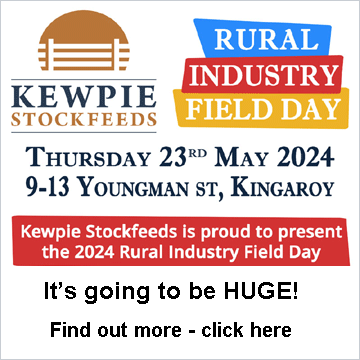
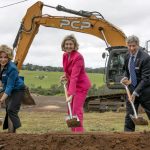
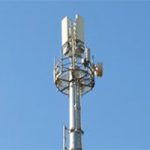
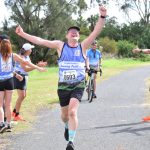
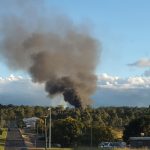


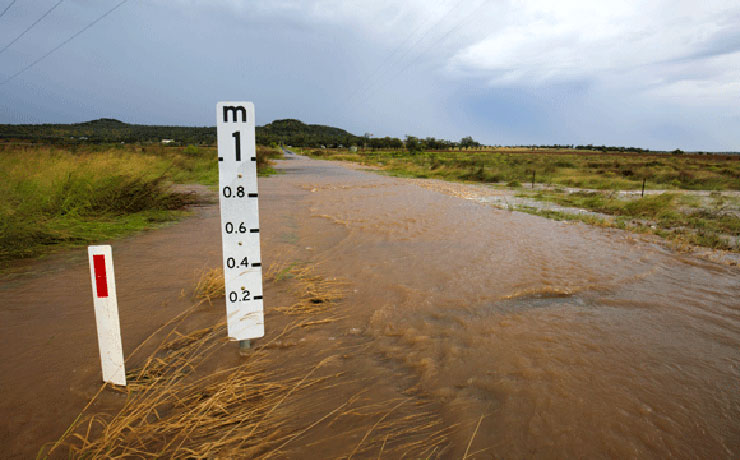
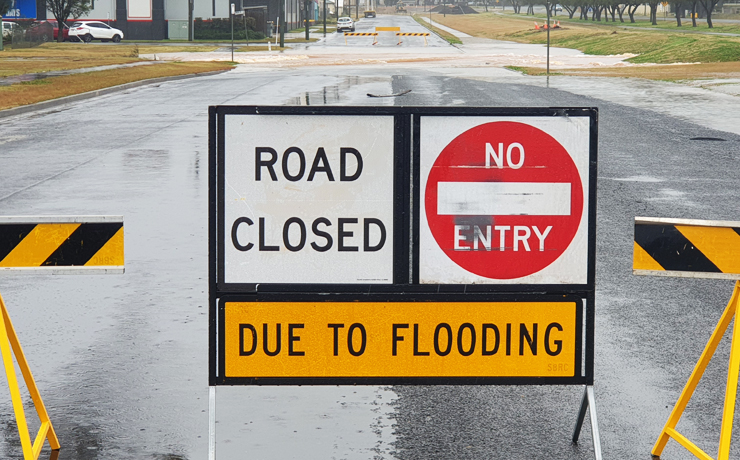
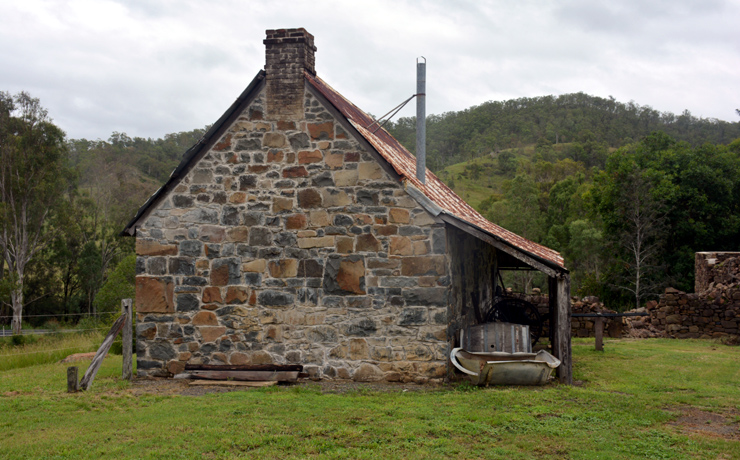



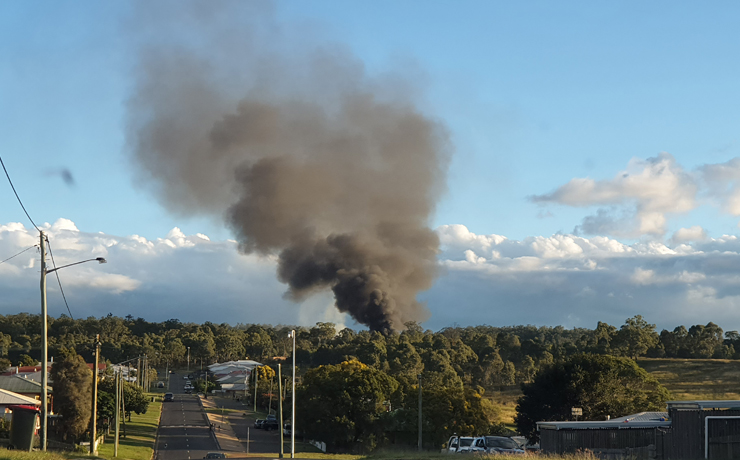
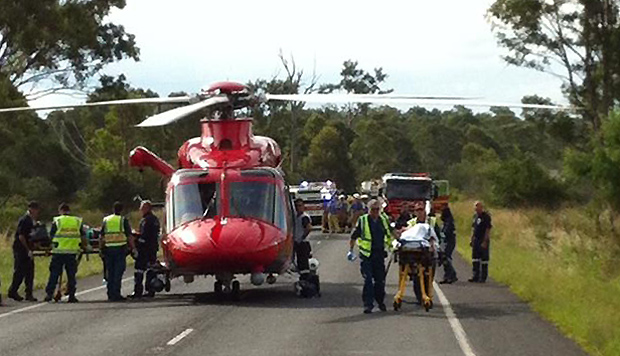

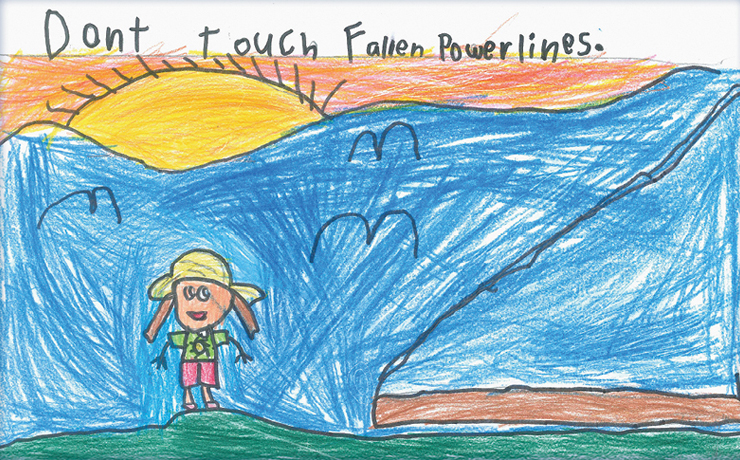
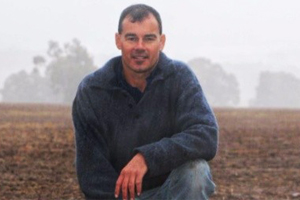

Never try to divide people by race, we are one country, no matter where you are from, we are Australian.
Statistics since the referendum have shown the higher the level of education in an electorate the more people voted yes. I guess that doesn’t say much for the people in National Party leader David Littleproud’s electorate of Maranoa where 82.12 voted NO which was the highest percentage of people voting No in the country. I reckon they must still use their fingers and toes to count to 20. Hahahahaha.
Robert Chapman – these are the same people that vote for the Greens so don’t get too excited about their higher education leading to better choices.
Robert Chapman, are you really serious or speaking with extreme jest? I might remind you that very high achievement with education does NOT automatically come with intelligence or common sense and many times the opposite is what happens. Your comment is insulting to the good people of Maranoa.
Robert Chapman wasn’t very subtle in his criticism so I can understand why some locals feel stirred up.
But call me old-fashioned, I’d prefer that decisions were made by people who had some understanding of the subject matter at hand. When it comes to a general understanding of life, experience counts. The better your education, the better your skills at logic and deduction, and being able to tell the difference between social media fear-mongering and facts.
Chances are that people who have tertiary qualifications also earn better incomes and have enjoyed the opportunity to travel wider.
Many of the loudest “no” voters I’ve heard around here are also scared by chemtrails, 5G towers and vaccinations. I suspect they rarely venture far from their 5 acre blocks. I’d only accept their advice if I wanted to know how to turn an orchy bottle into a bong.